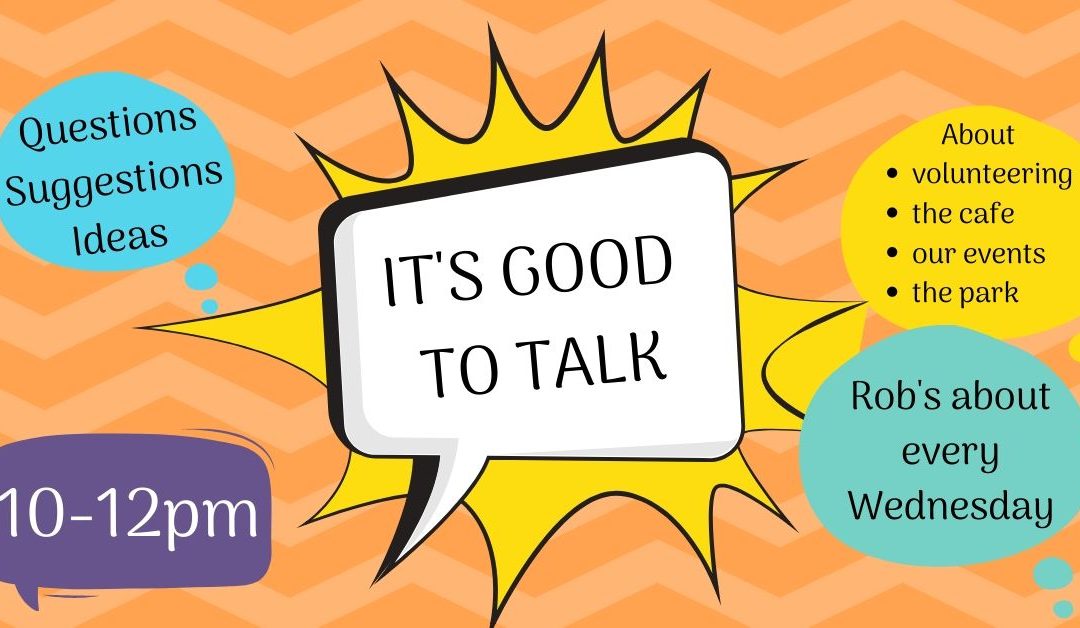Why Its Good to Talk
In an era dominated by digital communication, talking—real, meaningful conversations—has never been more important. Whether in personal relationships, the workplace, or mental health discussions, verbal communication plays a crucial role in human connection.
- Strengthens relationshipsImproves mental healthBoosts confidence and emotional intelligenceEnhances workplace collaboration and productivity
This article explores why its good to talk, offering insights into its benefits and practical tips for improving communication.
The Emotional Benefits of Talking
Talking Reduces Stress & Anxiety
- Expressing emotions helps release tension, reducing stress levels and anxiety.Verbalizing worries clarifies thoughts and provides emotional relief.Studies show that talking to a trusted friend or therapist can help people cope with mental health challenges.
Example: Instead of bottling up frustration, discussing a problem with a friend provides emotional support and perspective.
Talking Strengthens Relationships
- Open conversations build trust and emotional intimacy.Effective communication prevents misunderstandings and resolves conflicts.Couples, friends, and families who talk regularly develop stronger, healthier bonds.
Example: Regular communication in relationships helps maintain emotional connection and resolve conflicts faster.
The Role of Communication in Professional Success
Talking Improves Workplace Collaboration
- Employees who communicate effectively work better as a team.Clear conversations increase productivity and reduce workplace conflicts.Active listening skills enhance leadership and teamwork.
Example: A manager who encourages open dialogue fosters a more motivated and engaged workforce.
Talking Enhances Networking & Career Growth
- Strong communication skills help in job interviews, promotions, and networking.Expressing ideas clearly boosts confidence and professional credibility.Public speaking skills open doors to leadership opportunities.
Example: A professional who actively engages in discussions and networking events builds stronger career connections.
Talking as a Tool for Mental Health & Well-Being
Why It’s Important to Speak About Mental Health
- Reduces stigma around mental illness.Encourages seeking support when needed.Helps people feel less isolated.
Example: Campaigns like “It’s Good to Talk” by BT and mental health charities encourage open discussions about well-being.
The Power of Therapy & Support Groups
- Professional counseling provides a safe space to talk without judgment.Support groups offer shared experiences and emotional relief.Talking therapy helps process emotions and build coping strategies.
Example: Many people find relief through talking therapies like CBT (Cognitive Behavioral Therapy).
Practical Tips to Improve Your Communication Skills
Active Listening
- Pay full attention to the speaker.Avoid interrupting and show empathy.Use phrases like “I understand” or “That makes sense” to show engagement.
Be Honest & Open
- Speak your thoughts clearly and respectfully.Avoid passive-aggressive communication.
Ask Questions & Show Interest
- Encourage deeper conversations by asking thoughtful questions.Show curiosity and genuine concern for others’ feelings.
Use Non-Verbal Communication
- Maintain eye contact.Be aware of your tone and body language.
Improving communication takes practice, but the benefits are worth it!
Conclusion
Whether for mental health, relationships, or professional success, effective communication is key to a happier and healthier life. By fostering open conversations, we build stronger connections, reduce stress, and create a more understanding world.
So, don’t hold back—start talking today!
What are your thoughts on the power of conversation? Share in the comments below!
FAQs
1. Why is talking important in relationships?
Talking builds trust, emotional intimacy, and understanding, helping to strengthen relationships.
2. How does talking improve mental health?
Expressing feelings reduces stress, anxiety, and feelings of isolation, making it easier to cope with challenges.
3. What if I find it hard to talk about my feelings?
Start small—write down thoughts before speaking, practice with close friends, or seek professional support like therapy.
4. Can talking help in professional growth?
Yes! Good communication boosts career success, leadership skills, and networking opportunities.
5. How can I encourage someone to talk more?
- Be a good listener.Create a safe space for open discussions.Ask open-ended questions to invite deeper conversations.

